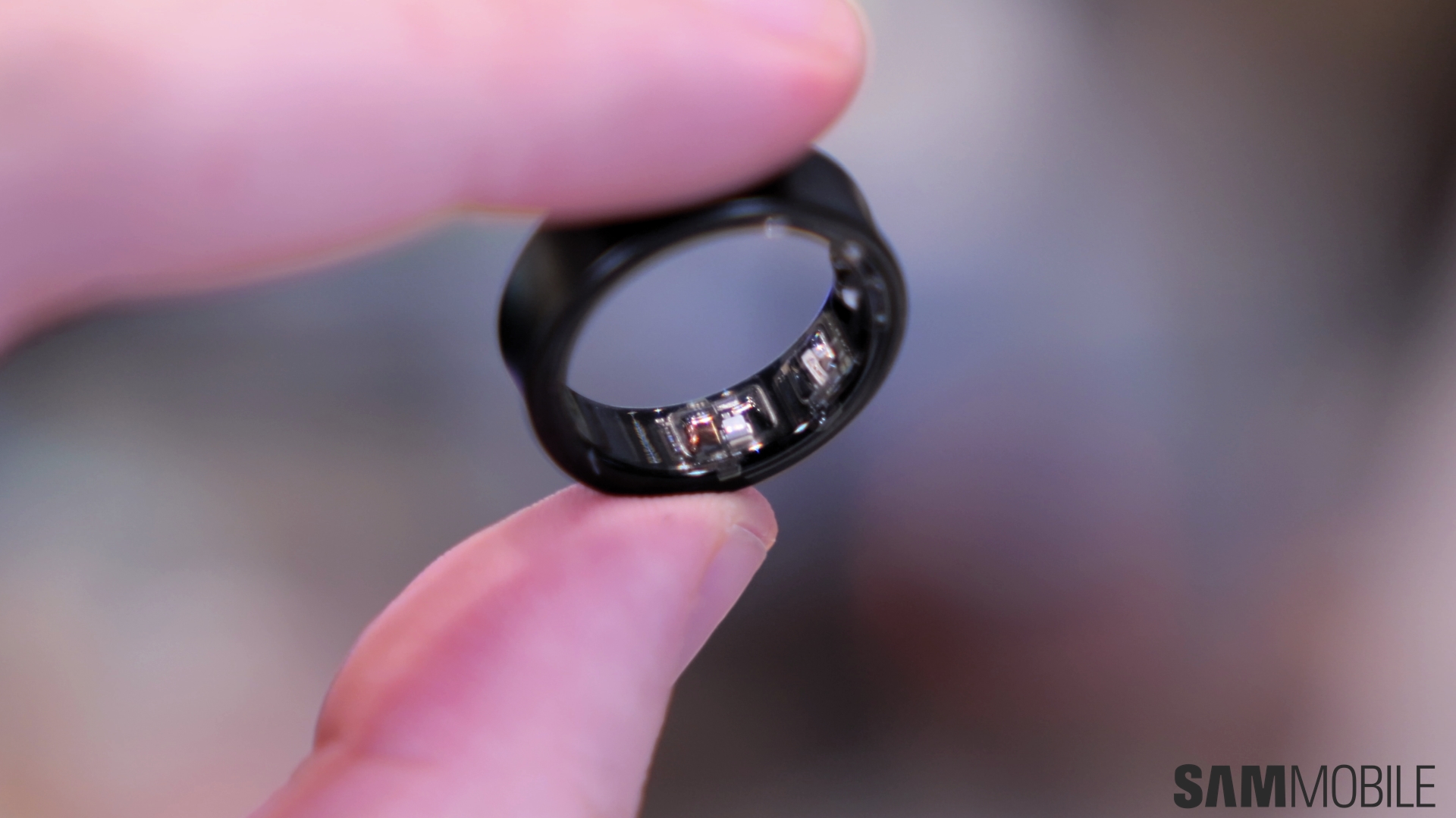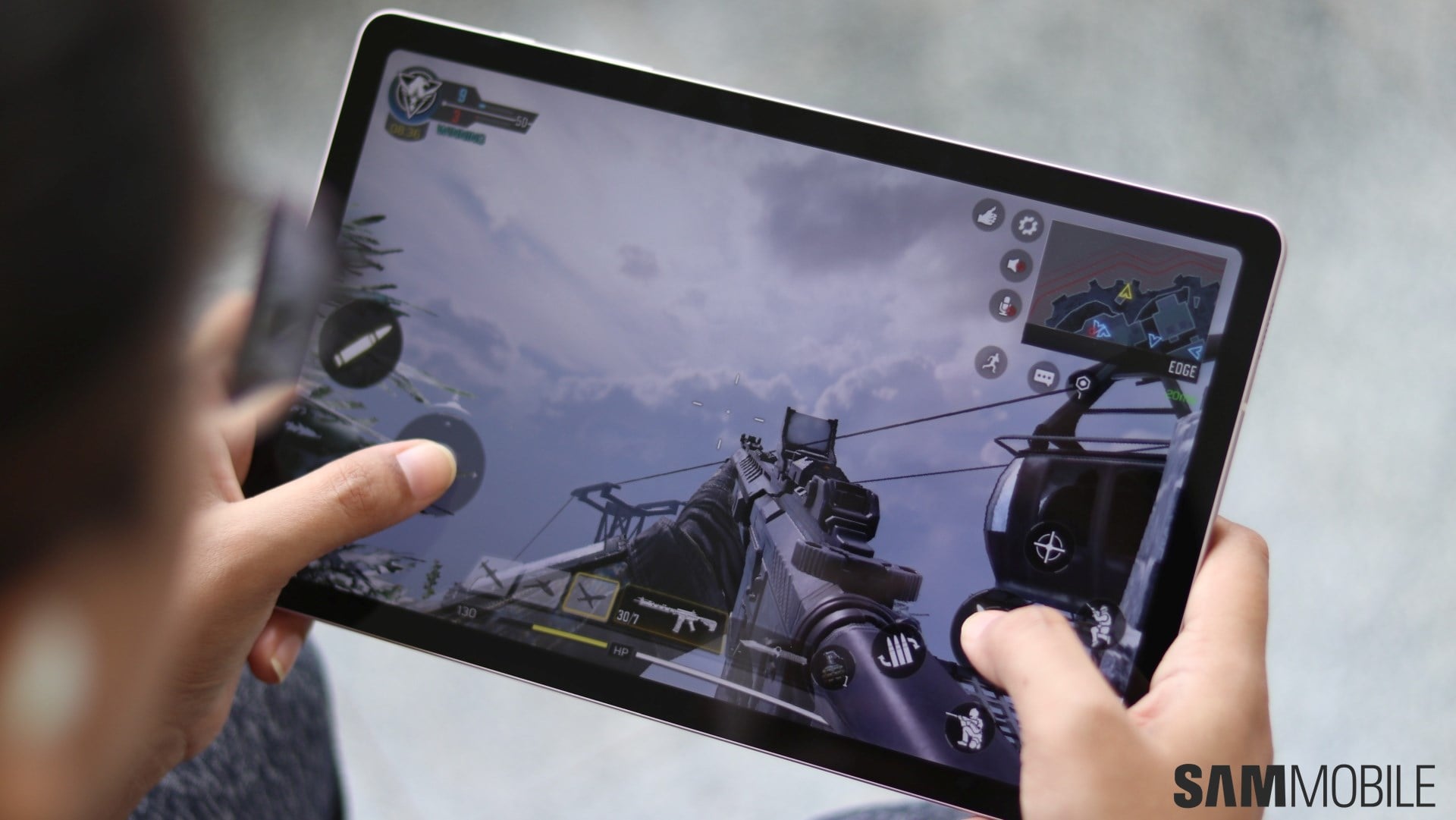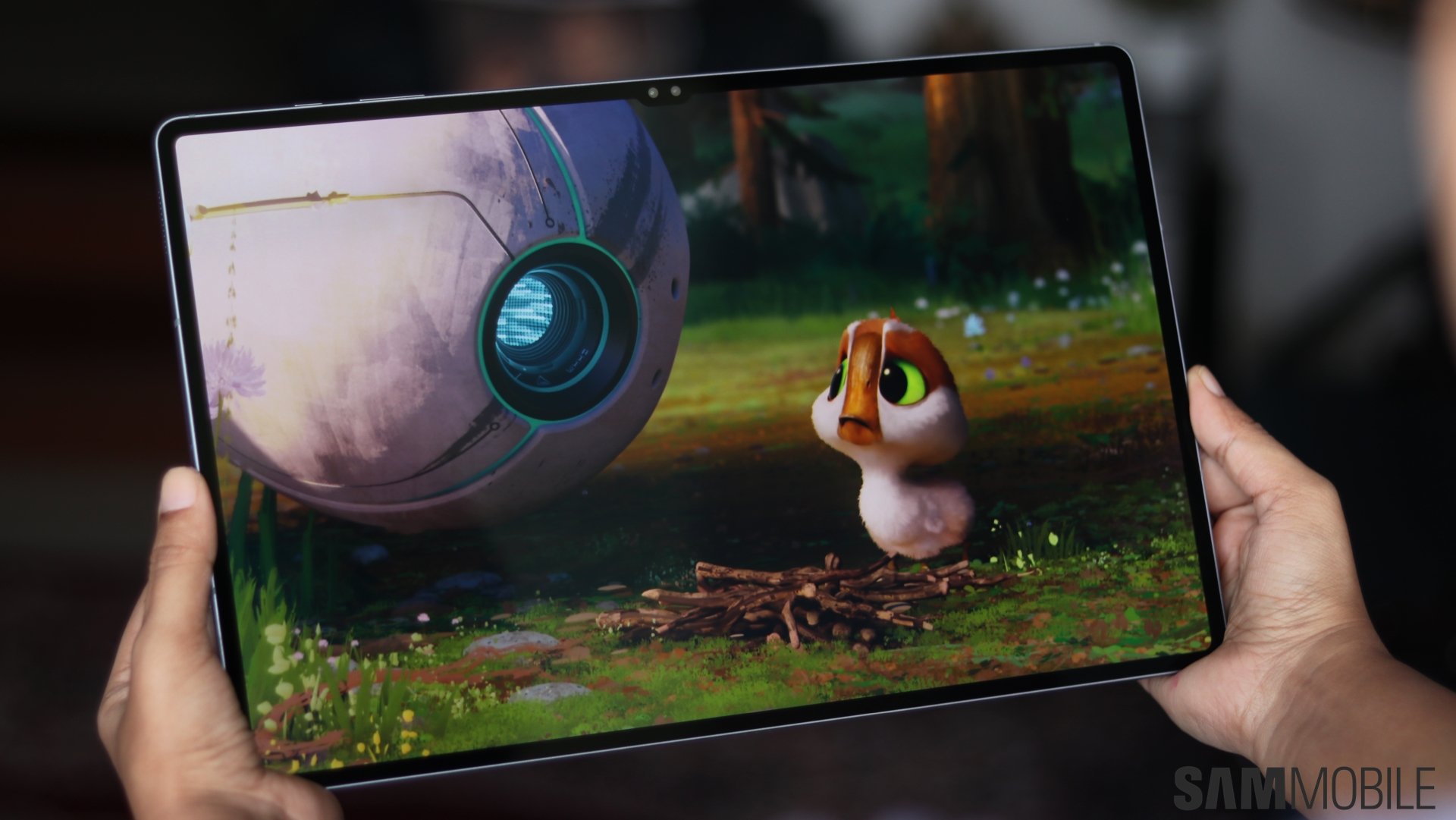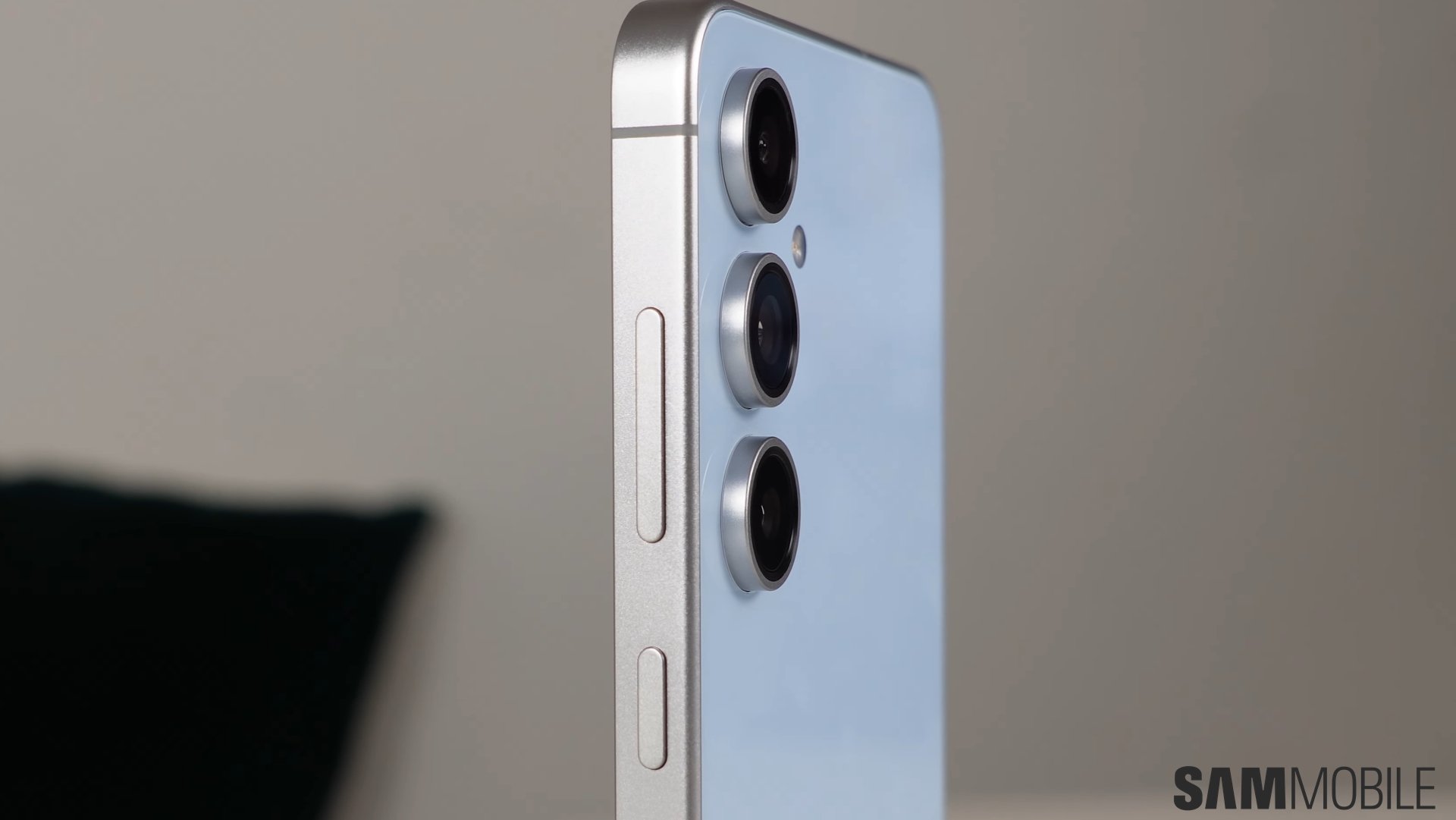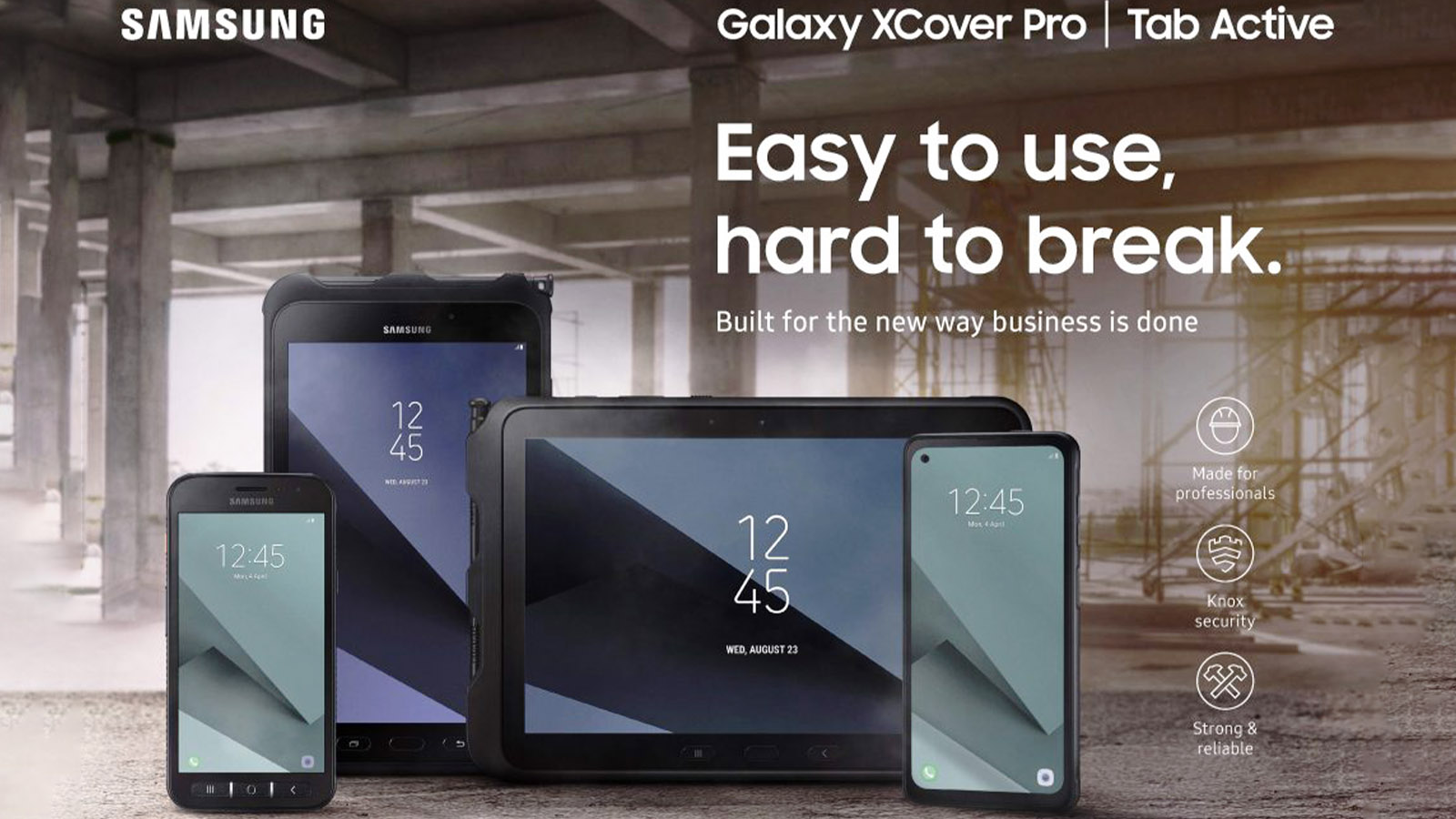
Ketchum's researchers and analysts found that today's professionals in sectors like transportation, manufacture, construction, utilities, and even retail are overwhelmingly in favor of implementing such unique products into their daily workflow, often due to past positive experiences with the same tech. Combined with the fact that nearly half of the interviewees said they still often rely on their personal devices for work, it's no wonder they'd be thrilled with the idea of any employer-issue handset, let alone a nearly indestructible one.
A self-fulfilling prophecy
In effect, Samsung UK is currently pitching devices akin to the recently released Galaxy XCover Pro and Galaxy Tab Active Pro to various businesses in the country. No wonder, considering about 60% of its respondents predicted rugged technologies will massively gain in importance within their respective industries over the following two years. In other words, Samsung seems to be approaching these findings as a self-fulfilling prophecy, of sorts.
The survey ultimately encompassed more than 1000 professionals from numerous industries, all of which were interviewed on various aspects of today's ruggedized tech, their experiences with such creations – whether in terms of nature or mere frequency – and the likelihood that they'll advocate for their wider enterprise applications.
While it's not that either Samsung or Ketchum are planning to submit this study as their master's thesis in statistics, their 1,202-strong sample actually survives some light scrutiny in terms of selection bias. That is, the sample was evenly divided between high-ranking officials – decision-makers – and relative newcomers to their respective fields, so it appears to be somewhat relevant to one's understanding of the market and its projected course. Which isn't to say it's to be taken as gospel as of course Samsung is inherently biased toward presenting the smartphone business as a still-snowballing sector eyeing its potential zenith, not an oversaturated market that wouldn't have taken long to pass its nadir regardless of any global happenings.
Still, it will be interesting to see whether Samsung truly attempts revitalizing its coronavirus-stricken mobile unit with a stronger focus on rugged gadgets, or if all this talk is merely meant to put investors' minds at ease.












